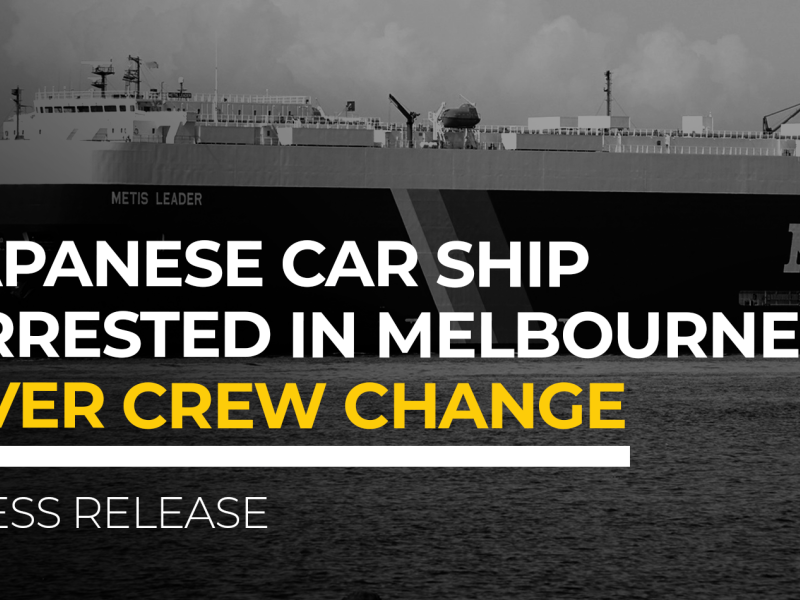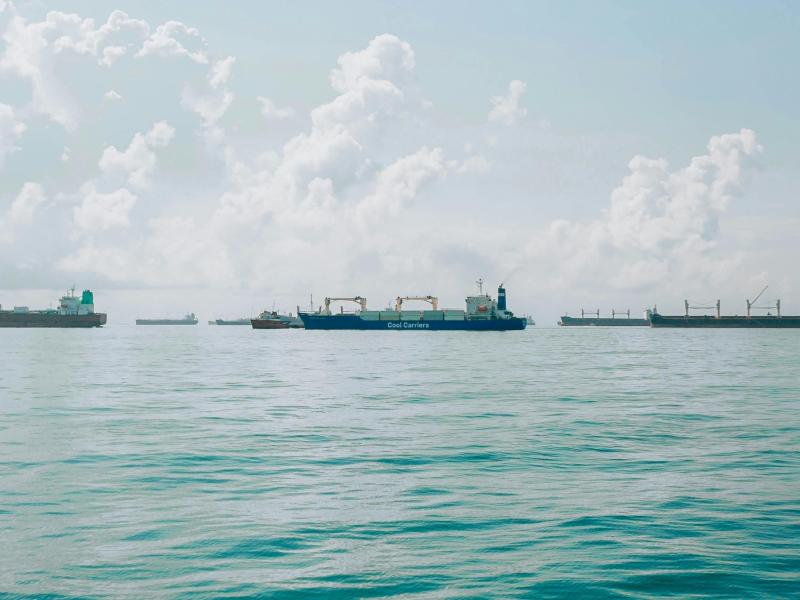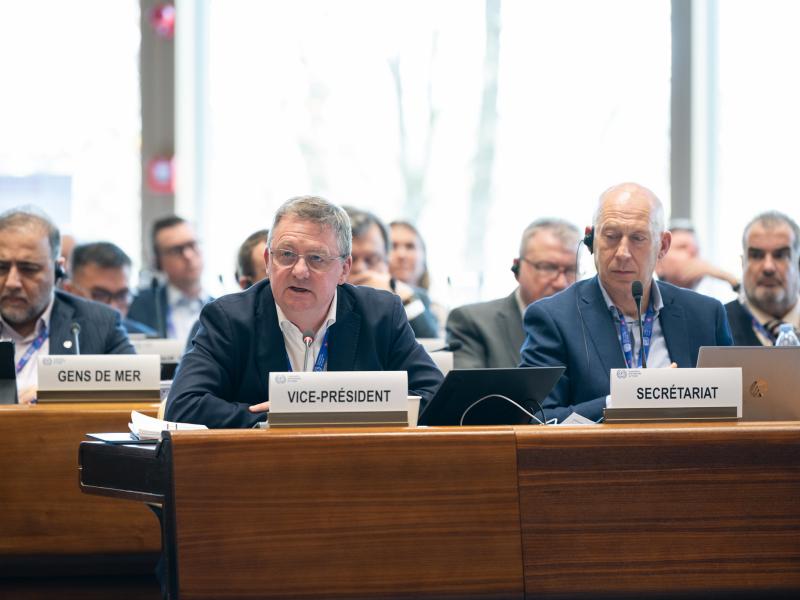The International Transport Workers' Federation (ITF) welcomes the announcement this week by the Australian Maritime Safety Authority (AMSA) that it will be ending temporary exemptions for vessels to have seafarers on board for longer than the 11 months maximum stipulated by the International Labour Organisation’s Maritime Labour Convention (MLC).
ITF Seafarers’ and Inland Navigation Section Coordinator, Fabrizio Barcellona, said that given the world had been dealing with the Covid-19 pandemic for more than eight months, regulators and the industry needed to return to respecting the rights and welfare of seafarers.
“It is unacceptable to continue to ignore the crew change humanitarian crisis and refuse seafarers the right to return home, to proper medical attention, or to relieve tired crew on ships. We should not, and cannot, tolerate situations like the Vega Dream arising, where AMSA allowed this ship to leave Australian waters despite cases of infected crew on board in urgent need of medical attention.”
“Port State Controls need to get back to doing their job and upholding seafarers’ rights,” said Barcellona .
“We welcome the decision by AMSA to end their exemptions for shipowners to have crew on board beyond the 11 months maximum allowed for internationally. But this is only the start of the action we need by port states to help resolve the crew change crisis and set clear expectations for the global shipping industry.”
“While we are disappointed that this unnecessary exemption will continue for another three months, we welcome the acknowledgement by Australia’s Port State Control that it is ‘not sustainable’ to persist with exemptions like this that harm the welfare of seafarers and infringe on their rights.”
Barcellona said Australia needed to coordinate their policy on seafarers across Federal agencies and state governments better by introducing ‘green lanes’ to get seafarers safely and efficiently to and from airports to ships. The same goes for many other governments, he said.
“After eight months of the crew change crisis, governments must address the fundamental problems that lead to ships having over-contract seafarers: border restrictions, impossible quarantine rules, and a lack of international flights.”
“We welcome governments reaching out to us and others in the industry to work collaboratively to help resolve the crew change crisis. There are solutions, but governments need to adopt them,” Barcellona concluded.
Recent crew change Asia-Pacific news:
- ITF critical of AMSA allowing coal carrying ships to leave their ports bound for China, despite crew on board for longer than 12 months. The seafarers are now caught within a diplomatic stalemate.
- Unions and employers partner on a project to ensure seafarers from the Philippines are ‘Covid-free’
- Japanese car ship arrested in Melbourne over crew change
- Covid corner-cutting will lead to deaths, ‘environmental catastrophe’ – new shipping report
- Australia listing towards clogged ports as over-contract seafarers stop two new ships
- Crew change crisis hits Australian smelter in latest flare up




